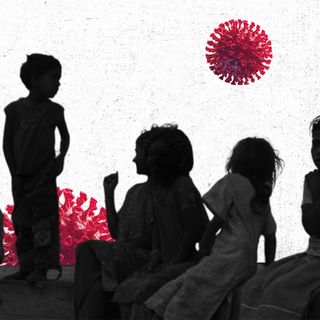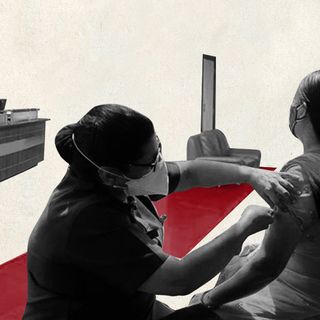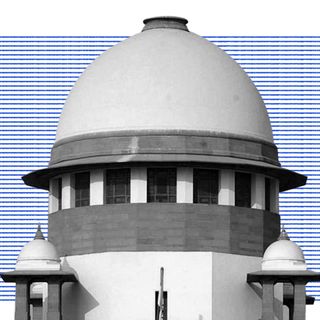In a potential first for Indian states, Bihar intends to reserve 33% seats for women in medical and engineering colleges.
In order to do so, the state government has proposed two new bills — the Bihar Engineering Universities Bill and Bihar Medical Education Bill. These will be discussed in the next assembly session and debate on the reservation policy.
“Let us reserve one-third [of] seats in medical and engineering colleges [for girls]. This will increase the number of girls in technical education. It will be a unique thing. Engineering colleges are being opened in every district and medical colleges have been also opened in some districts. The whole idea is to ensure that Bihar students do not have to go out of the state for technical education,” Bihar Chief Minister Nitish Kumar told a review meeting on Wednesday, according to the Indian Express.
According to a government official, women fill only 30% of the medical and dental seats and 15% of the engineering seats in the state. Contrasting this data to national numbers, 60% of students in medical streams are female in India. For engineering, however, Bihar’s bias is similar to that on a national level — out of 16.45 lakh students enrolled to a Bachelor of Engineering (B.E.) degree in the country currently, around 71 percent are male.
Related on The Swaddle:
Dissecting the NEP: How the Policy Will Only Widen the Education Gap in India
Previously, the Bihar government had set up similar reservation policies for young girls — reserving 50% seats for them in primary school and 35% seats in secondary schools. Further, the state also reserved 35% jobs for women in the police sector and 33% jobs in other government sectors.
Past evidence on a smaller scale shows that reservation policies can help close the gender gap slowly. For example, reservation for girls implemented in the Indian institutes of Technology led to a rise in girl students from 8% in 2016 to 18% in 2019. One can hypothetically foresee a slower rise in majority urban girls from Bihar graduating from these universities. However, rural girls in Bihar must still deal with barriers to education ranging from poor school facilities to illegal child marriage to family responsibilities in the face of severe poverty.
While around 71% of the urban women in the state are literate, the number drops to 49% for rural women.
None of these conditions are exclusive to the state, making it a societal problem that must be dealt with from both a state and union perspective. Till then, a reservation policy, though on the right track, is a band-aid on a gushing wound.




